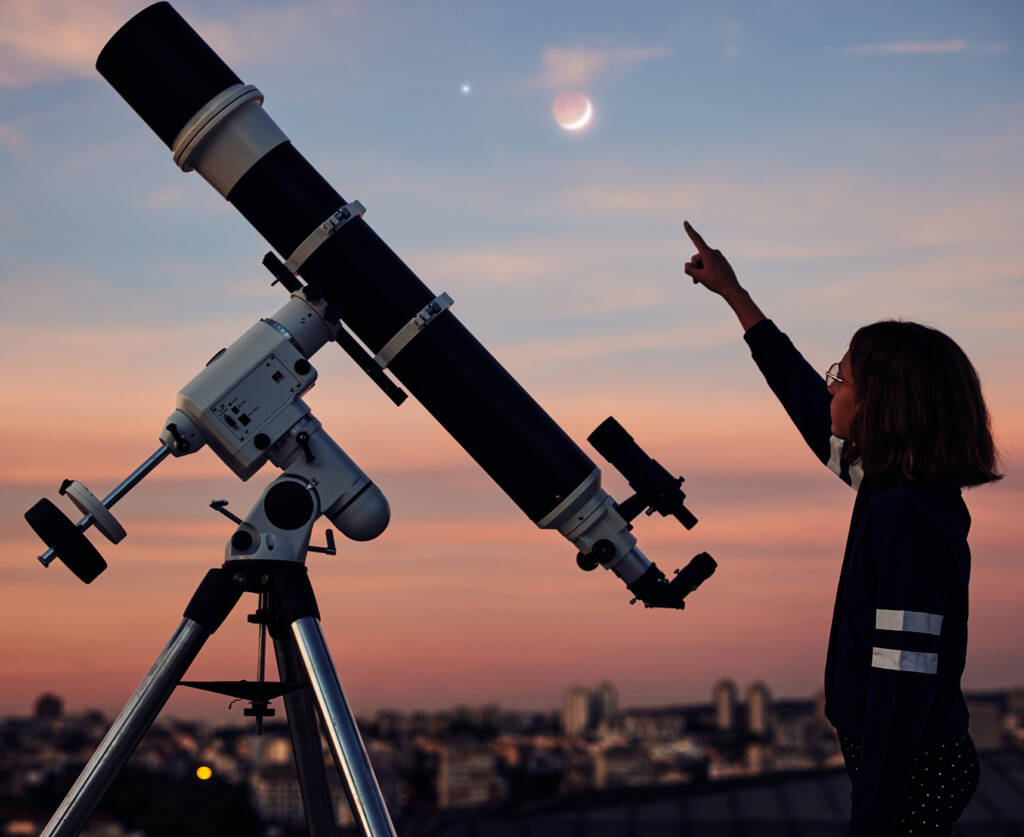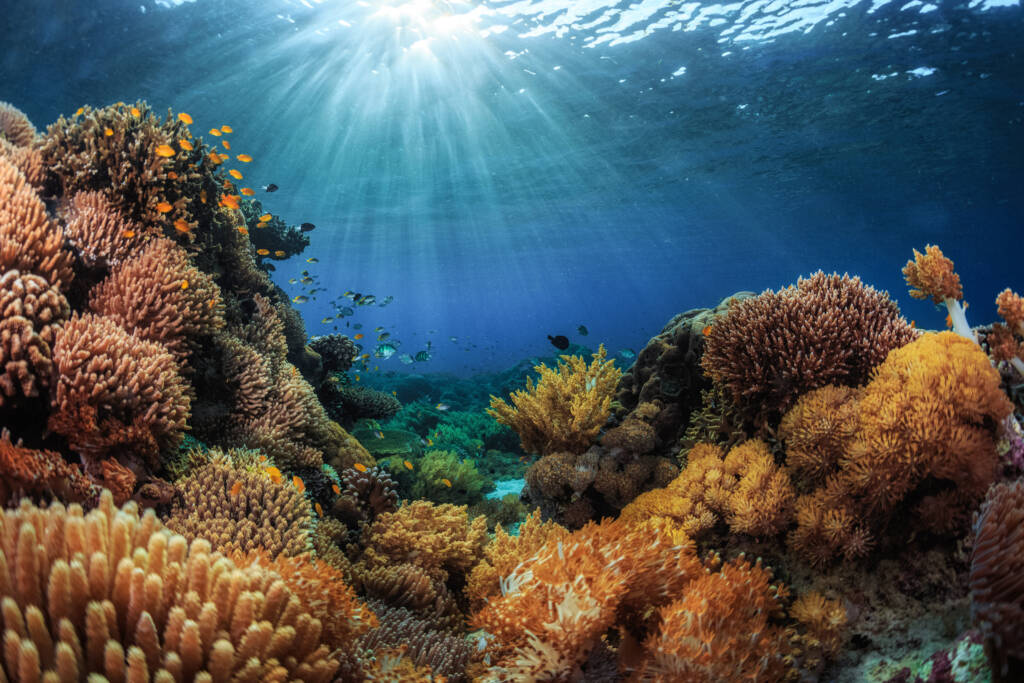
Astronomy 1b

Building upon the prior prerequisite course, dive deeper into the universe and develop a lifelong passion for space exploration and investigation. Become familiar with the inner and outer planets of the solar system as well as the sun, comets, asteroids, and meteors. Additional topics include space travel and settlements as well as the formation of planets.
During this course, you will learn career-related skills and earn a badge for this accomplishment. A badge is a digital certification of your career-related learning that you can share on social media and higher education platforms, or with colleges, potential employers, peers, and colleagues. Select this link to learn more about badges.
Major Topics and Concepts
Inner Planets
Outer Planets
The Sun
Comets, Asteroids, and Meteors
Living and Working in Space
Competencies
History of Space Explorers
Students will demonstrate an understanding of the history of space explorers by describing astronomy in ancient cultures, explaining the space race, and analyzing noteworthy U.S. space missions.
Inner Planets
Students will demonstrate an understanding of the inner planets by explaining the formation of the solar system, comparing the unique features of the inner planets, and describing life on Earth.
The Gas Giants
Students will demonstrate an understanding of the gas giants by describing the characteristics of the outer planets, differentiating the unique features of Jupiter and Saturn, and comparing the features of the outer planets with Earth.
The Ice Giants and the Dwarf Planets
Students will demonstrate an understanding of the ice giants and the dwarf planets by differentiating the unique features of Uranus, Neptune, and the dwarf planets, and explaining the reclassification of Pluto.
The Sun
Students will demonstrate an understanding of the Sun by describing the composition of the Sun, explaining solar activity, and describing solar eclipses.
Celestial Objects
Students will demonstrate an understanding of celestial objects by explaining the origin of comets, differentiating types of meteors, and describing the locations of asteroids.
Space Programs
Students will demonstrate an understanding of space programs by describing international space programs, and describing the International Space Station.
The Future of Space Travel
Students will demonstrate an understanding of the future of space travel by describing plans for future space travel, evaluating likely habitable space locations, and summarizing technology that supports missions in space.

